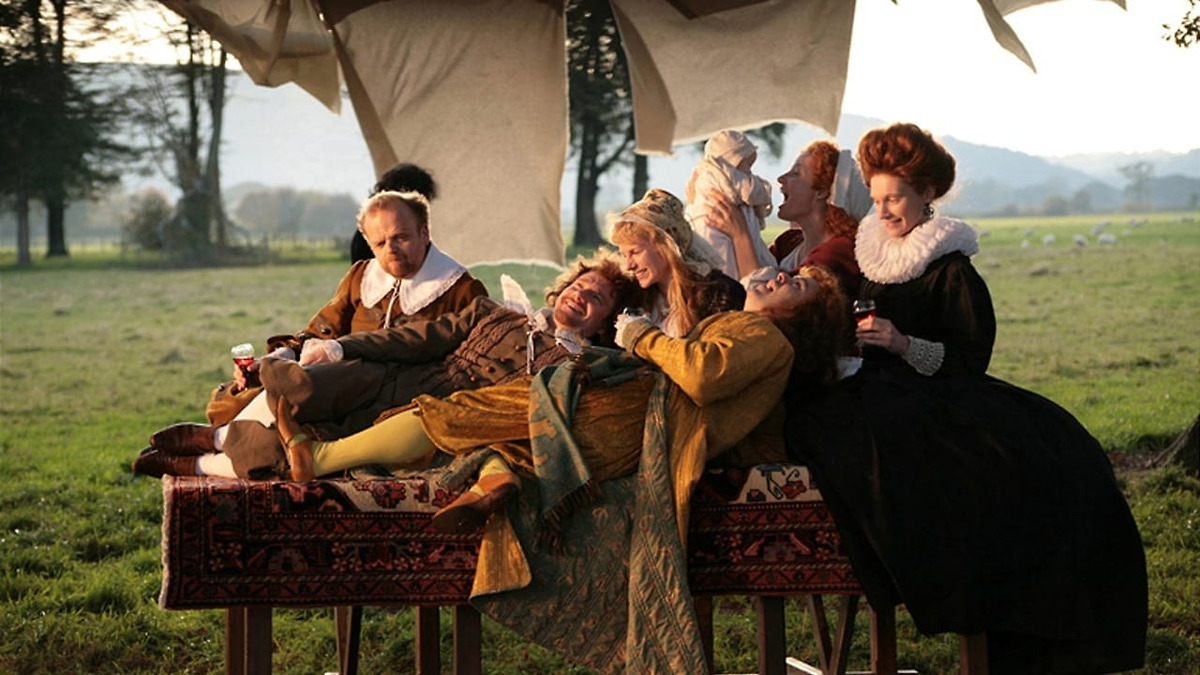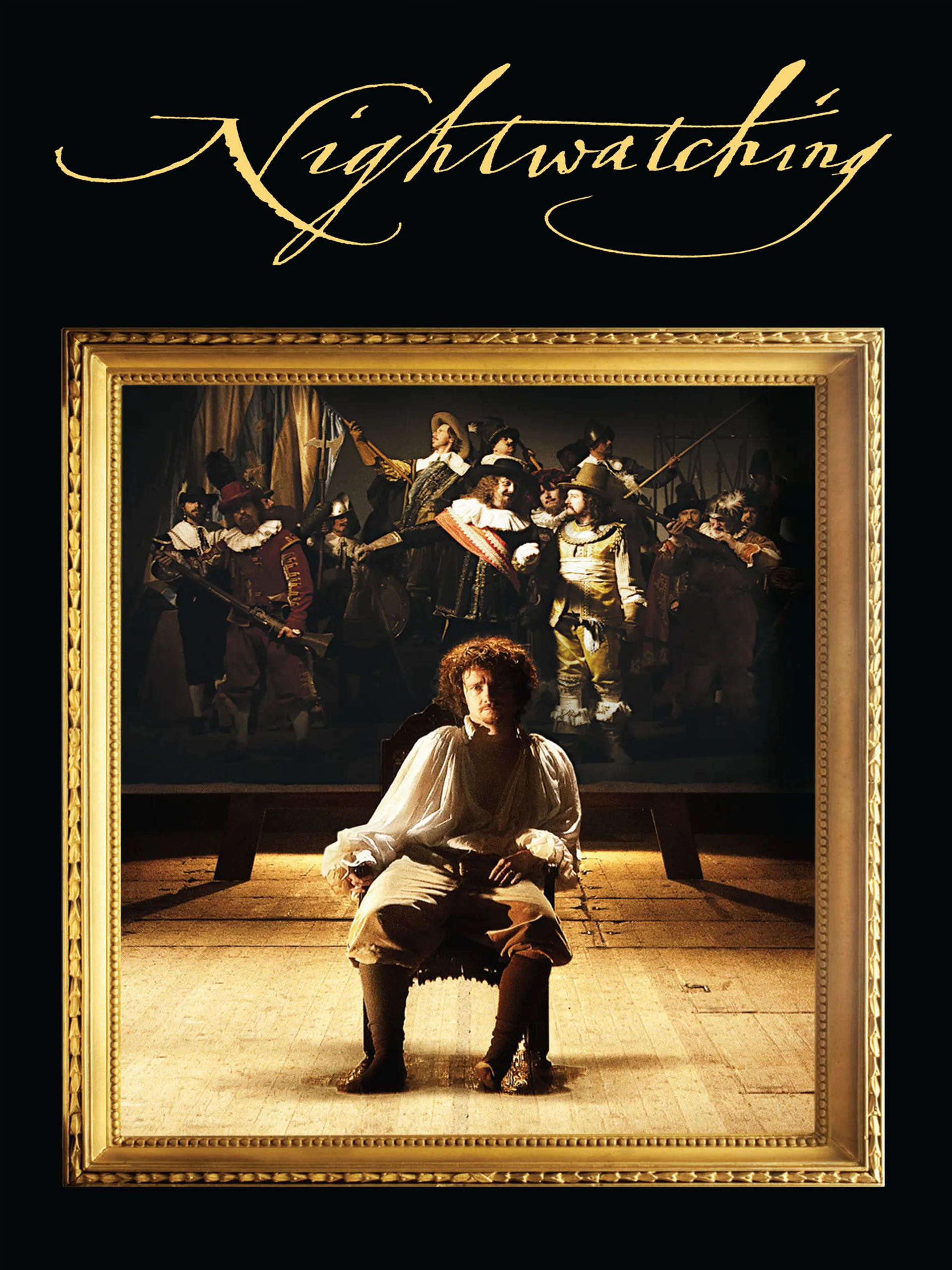Nightwatching (2007) is a visually striking and intellectually provocative historical drama directed by Peter Greenaway. The film delves into the life of the legendary Dutch painter Rembrandt van Rijn, focusing on the turbulent period surrounding the creation of one of his most famous works: The Night Watch. Rich in symbolism and layered with mystery, the film explores art, politics, and personal downfall in a uniquely stylized way.
At the center of the story is Rembrandt, played with charisma and intensity by Martin Freeman. As he accepts a commission to paint a group portrait of Amsterdam’s civic militia, he begins to suspect that the men involved may be complicit in a sinister conspiracy. Rather than simply create a flattering painting, Rembrandt subtly embeds clues within the composition—turning his artwork into a veiled accusation.

The film presents Rembrandt as a bold and subversive artist who refuses to conform to societal expectations. His growing defiance alienates him from the powerful elite and ultimately contributes to his personal and professional decline. Yet this fall from grace is portrayed not as tragedy, but as the cost of truth and artistic integrity.
Nightwatching is more than a biopic; it is a cinematic investigation into how art can be used as both a mirror and a weapon. The narrative unfolds with a theatrical flair, combining lush visual compositions with philosophical dialogue, dramatic reenactments, and surreal elements that blur the line between history and interpretation.

Greenaway's direction is meticulous, infusing each frame with painterly detail and chiaroscuro lighting reminiscent of Rembrandt’s own style. The film’s aesthetic choices reinforce its themes, turning scenes into living tableaux that echo the very world the artist once painted. This visual poetry adds a haunting layer of depth to the film.
Beyond the art, Nightwatching is also a story of love, betrayal, and moral courage. Rembrandt’s relationships—with his wife, his mistress, and his loyal housekeeper—are central to understanding his emotional world. These complex dynamics illustrate how his passion for truth extended beyond the canvas and into the darkest corners of his personal life.

Martin Freeman delivers a compelling performance, capturing both the arrogance and vulnerability of a man caught between genius and ruin. His portrayal of Rembrandt is not one of a distant legend, but of a flawed, human artist driven by obsession, grief, and a fierce desire to reveal what others wish to hide.
Ultimately, Nightwatching is a bold, unconventional film that challenges viewers to see art not only as beauty, but as rebellion. It invites us to question the official stories we’re told and to look closer—at a painting, at history, and at the motives that lie beneath the surface.

-1753113868-q80.webp)


